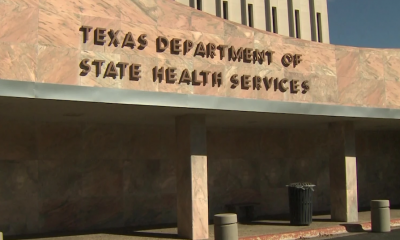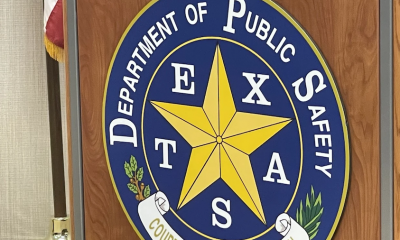Lifestyle
New Study Supports Use Of Mechanical Assistance Early In Treating Cardiogenic Shock
DALLAS, TX – New study results show using a special heart pump early when treating cardiogenic shock greatly increases the chance of survival.
KERA’s Sam Baker talked about this type of mechanical assistance with Dr. James Park, an interventional cardiologist with Texas Health Presbyterian Hospital Dallas.
INTERVIEW HIGHLIGHTS:
The New Approach:
When a patient comes in with an acute heart attack, we kind of started moving away from using the clot-busting medication as a primary method to treat this patient to go to receiving centers where interventional cardiologists like me would go in, take a look at the artery, find the artery that’s blocked and open it up. The faster you do that, the more chance the patient’s going to do well and save their heart muscle. So that was the standard.
Now we’re trying to change that paradigm one more time. If the patient comes in with an acute heart attack and shock, what we’re trying to tell people is that looking at this data, it appears that it’s more helpful if we were to support their heart with this Impella machine, so that they’re not in shock before we actually open up the artery.
Acceptance By Critical Care Specialists And Cardiologists:
Yes. Dr. William O’Neil was the national principal investigator (P.I.) for the study and they started the study in Detroit. They pulled all the hospitals there together to look at this data to see, is it true about mechanical support. And they found that it was true. So he wanted to test it out nationally — a national cardiogenic shock initiative.
He is very passionate about this because sometimes it’s hard to change the thinking process, sort of paradigm that doctors go through. You know, we, as a group, tend to be very dogmatic and set in our own ways, you know, once we’re in there, but if you want to progress and you want to change medicine and you want to do what’s best for patients, you want to look at new data.
Park On The Protocol
I have become a total believer. I’ve worked hard within my own system of Texas Health Resources to get all the cardiologists thinking this way. We’ve instituted a system-wide shock initiative and protocol for patients that come into our facility in shock from an acute heart attack. We have two receiving centers, one in Fort Worth and one in Dallas, where patients can be brought in and we can initiate this mechanical support.
How To Avoid Cardiogenic Shock
Risk factors for cardiogenic shock:
- A big artery that closes down
- Other artery blockages, besides the one that’s causing you to have a heart attack.
- If you’ve had heart attacks in the past and you get another one on top of it, you might be more at risk for having cardiac shock.
But you want to avoid a heart attack in the first place by doing all the healthy things:
- Try to eat less carbs
- Eat more fruit and vegetables, salads
- Try not to eat fried foods, and eat less fat-containing foods.
- Add aerobic conditioning-type activity to get your heart rate up on a regular basis
- Get good rest, sleep well, sleep longer hours, and make sure you’re cooling down and taking time for yourself.










